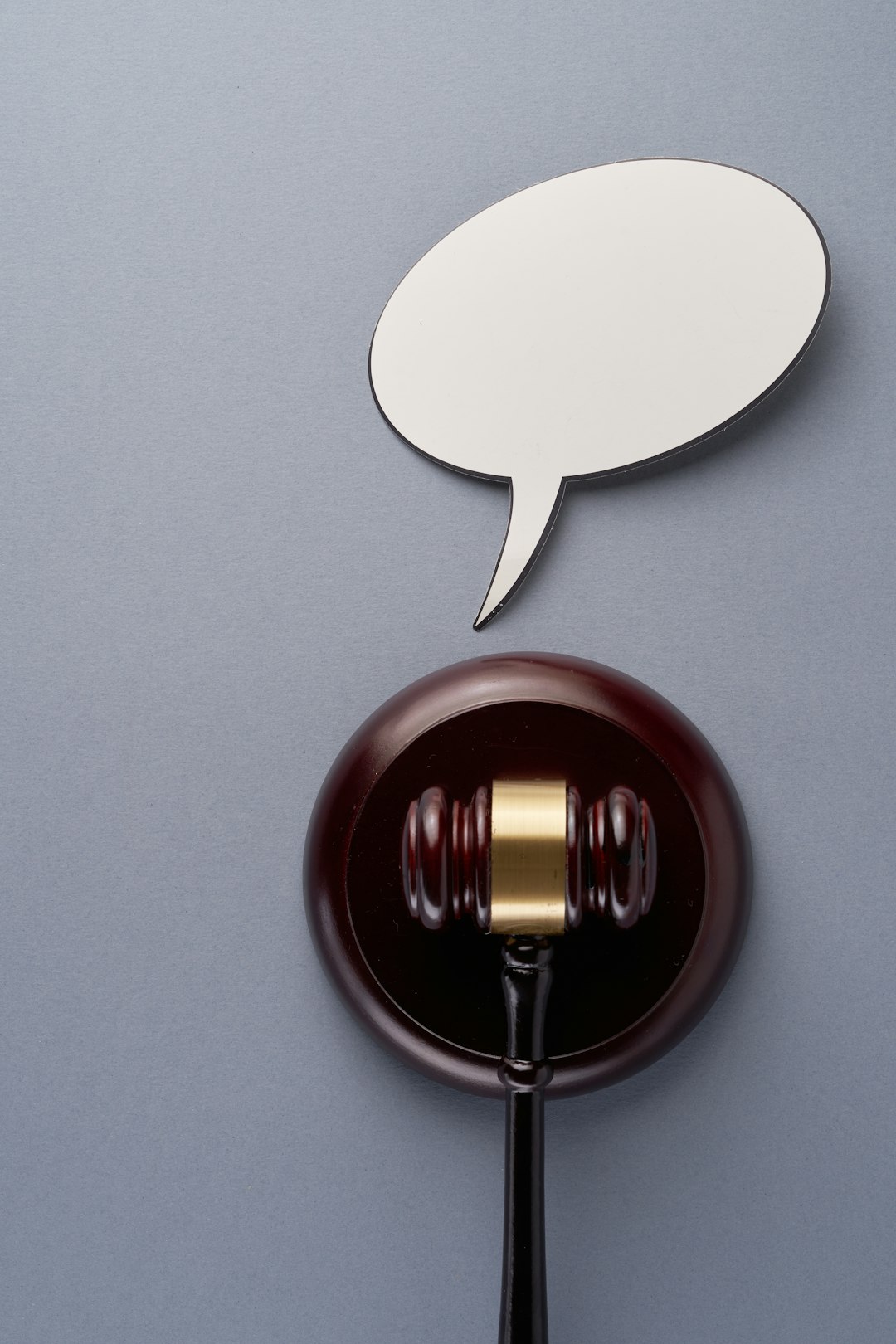All Nonfiction
- Bullying
- Books
- Academic
- Author Interviews
- Celebrity interviews
- College Articles
- College Essays
- Educator of the Year
- Heroes
- Interviews
- Memoir
- Personal Experience
- Sports
- Travel & Culture
All Opinions
- Bullying
- Current Events / Politics
- Discrimination
- Drugs / Alcohol / Smoking
- Entertainment / Celebrities
- Environment
- Love / Relationships
- Movies / Music / TV
- Pop Culture / Trends
- School / College
- Social Issues / Civics
- Spirituality / Religion
- Sports / Hobbies
All Hot Topics
- Bullying
- Community Service
- Environment
- Health
- Letters to the Editor
- Pride & Prejudice
- What Matters
- Back
Summer Guide
- Program Links
- Program Reviews
- Back
College Guide
- College Links
- College Reviews
- College Essays
- College Articles
- Back
Why Social Justice Education Matters
Students today face countless issues, from fighting for proper LGBTQ+ representation to protesting against the imminent threat of gun violence. As the prevalence of social issues increases, it seems to follow that students of this generation would be more vocal with their thoughts, and according to a poll by the New York Times, the majority of teenagers do want to be activists.
But a survey (by Quaglia & Corso) showed that the majority of students do not feel like they have a voice at school. So what’s holding students back from activism?
Students simply don’t feel comfortable advocating for their rights. “I think there’s a fear of being judged…people feel embarrassed for publicly displaying support,” teenager Neha Sharma of Germantown, Maryland said. Additionally, students don’t have access to adequate resources and don’t feel capable. “People decide not to act against injustice because there’s not enough power or resources,” teenager Marlene Orantes of Rockville, Maryland said. Essentially, students avoid activism due to self-limiting beliefs, fear of judgment, and lack of resources. The only way students could become activists is by eliminating these obstacles, but it shouldn’t be up to students themselves to tackle this on their own.
Enter social justice education. Schools have a responsibility to educate their students, but that education doesn’t end at arithmetic or chemistry. Students have to be taught in the circumstances of today’s world, which is teeming with social issues.
School-implemented social justice education would work to break down the barriers preventing students from pursuing social justice. Struggles that historical activists went through would be normalized, students would be taught about current social events in depth, and the key concept of privilege would have to be addressed. Uncomfortable as these lessons may be, social justice classes must force the vulnerable topics to be brought to light. “We need to eliminate that barrier of discomfort within society in order to talk about touchy issues like racism, sexism, and privilege. Social progress can’t happen if everyone stays quiet,” Sharma said.
These classes, though rare, have been implemented before, and have proven benefits: Maplewood, New Jersey, high school English teacher T.J. Whitaker implemented social justice-based learning into his curriculum, and students from his class protested the re-introduction of law enforcement officers in class. Students used teachings and pointers from Whitaker’s class to advocate in real life. Students, especially marginalized ones, felt capable and validated by the class.
The long-term effects of Whitaker’s social justice class proved even more propitious: students grew up to become social agents of change in their communities and even explored activism as a career. Adult alumni stated that the class reinforced “the power of [their] own agency” (interview by The Atlantic). The effects of social justice education resonate with students throughout their lives.
Today’s youth experiences so much emotion with no guidance on what they can do. It’s time they are given the means to heal and develop their passions in a productive and beneficial way that builds democracy and enforces equity - social justice classes.
Similar Articles
JOIN THE DISCUSSION
This article has 0 comments.


Riona is the Opinions Editor of her school newspaper. When she's not writing, Riona enjoys drawing, painting, and playing instruments.